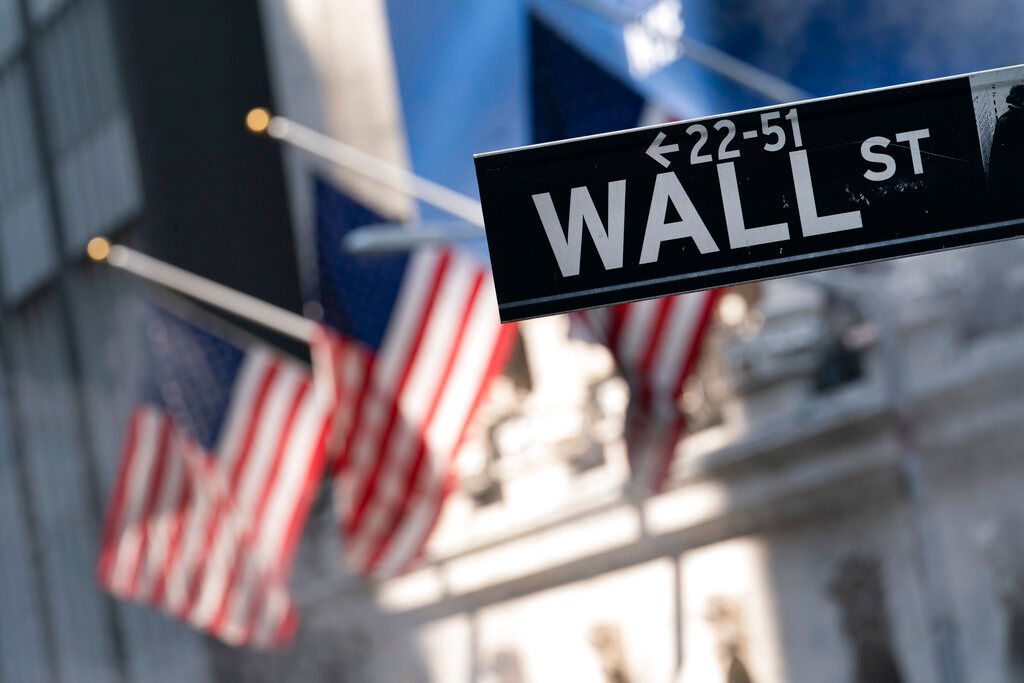Stocks rose marginally in morning trading on Wall Street Monday as the market comes off another week of sharp losses.
The S&P 500 rose 19.30 points or 0.5% to 3,712.53 as of 10.22 am Eastern Time. The Dow Jones Industrial Average rose 12.25 points or 0.04% to 29,602.66. The Nasdaq rose 143.63 points or 1.32% to 11,011.55.
The British pound slipped to an all-time low against the dollar and investors continued to dump British government bonds in disappointment over a sweeping tax cut plan announced in London last week. European stock markets were mostly higher.
Also Read | Rupee reaches record low of 81.52 against US dollar: Why is it falling?
Technology companies and retailers registered solid gains. Apple added 2.2% and Amazon jumped 3%. Casino and resort operators gained after reports that the gambling center of Macau will loosen travel restrictions in November. Wynn Resorts surged 14.8%. Health care companies fell. UnitedHealth Group slid 1.8%.
The muted beginning to the week comes amid an extended slump for key indices. The benchmark S&P 500 is down over 6% in September. Stocks have been weighed down by worries about stubbornly high inflation and the risk that central banks could push economies into a recession as they try to bring down prices on everything from food to clothing. Markets have been particularly watching the Federal Reserve and its aggressive interest rate hikes.
Also Read | Signs point to recession in Germany, European Union’s largest economy
The Fed raised its benchmark rate, which affects many consumer and business loans, again last week and it now sits at a range of 3% to 3.25%. It was at virtually zero at the start of the year. The Fed also released a forecast suggesting its benchmark rate could be 4.4% by the year’s end, a full point higher than projected in June.
The goal is to make borrowing more expensive and effectively crimp spending, which would cool inflation. But, the U.S. economy is already slowing and Wall Street is worried that the Fed’s rate hikes will pump the brakes too hard on the economy and cause a recession.
Also Read | What US housing market entering a recession means
Higher interest rates hurt all kinds of investments, especially pricey technology stocks, and the market has been in a broad slump as rates rise. Treasury yields have climbed to multiyear highs as interest rates rise.
The yield on the two-year Treasury, which tends to follow expectations for Federal Reserve action, rose to 4.22% from 4.21% late Friday. It is trading at its highest level since 2007. The yield on the 10-year Treasury, which helps determine mortgage rates, rose to 3.77% from 3.69%.
Also Read | US inflation rate eases slightly | A timeline: 1930-2022
The recent surge in the US dollar against other currencies is a concern for many countries. It hurts profits for US companies with overseas businesses and puts a financial squeeze on much of the developing world.
Investors are preparing for the next round of earnings reports. That will give them better insights into how companies are dealing with persistent inflation. Several economic reports this week will give more details on consumer spending, the jobs market, and the broader health of the US economy.







